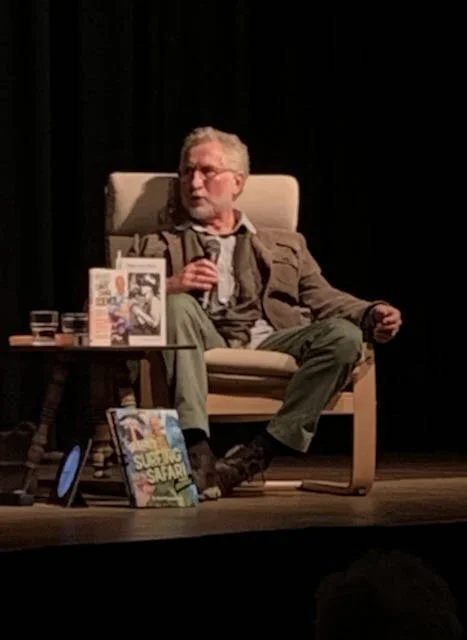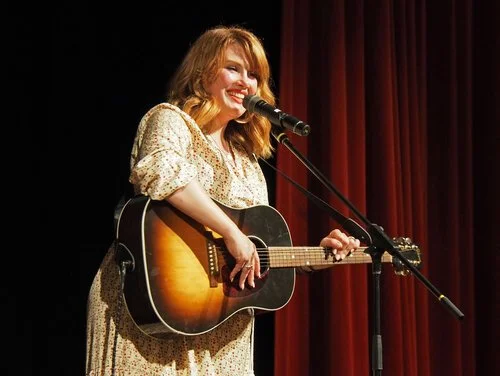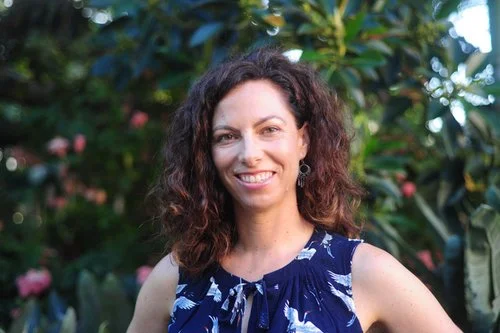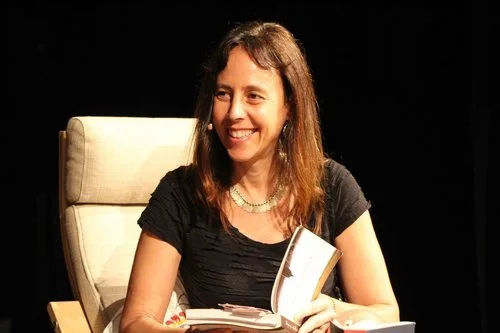Russell McGregor is Associate Professor of history at James Cook University in Townsville. He has published extensively on the history of settler Australian attitudes toward Aboriginal people. His other research interests are in Australian nationalism and environmental history. Here he speaks about his biography of Alec Chisholm, Idling In Green Places.
Alec Chisholm was a naturalist, journalist, newspaper editor and author, but, above all an ornithologist with a passion for Australian birds and the Australian landscape. All but forgotten now Chisholm was once one of the most well-known writers, editors and conservationists in the country. He started early; by the age of 17 he was being paid to write for the magazine Emu, in this case campaigning against the killing of egrets. In 1907 there was a great trade in their feathers for women’s hats. He held in disdain the idea that 'the moving finger of civilisation must move on over the bodies of the loveliest and the best of Nature's children.' He remained a vigorous campaigner for birds and the natural world his whole life, inspiring Australians to see nature anew. His book Mateship with Birds is a classic of nature writing.
Russell McGregor’s biography is the first ‘life’ of this remarkable Australian. It was short-listed for the National Biography Award.





















